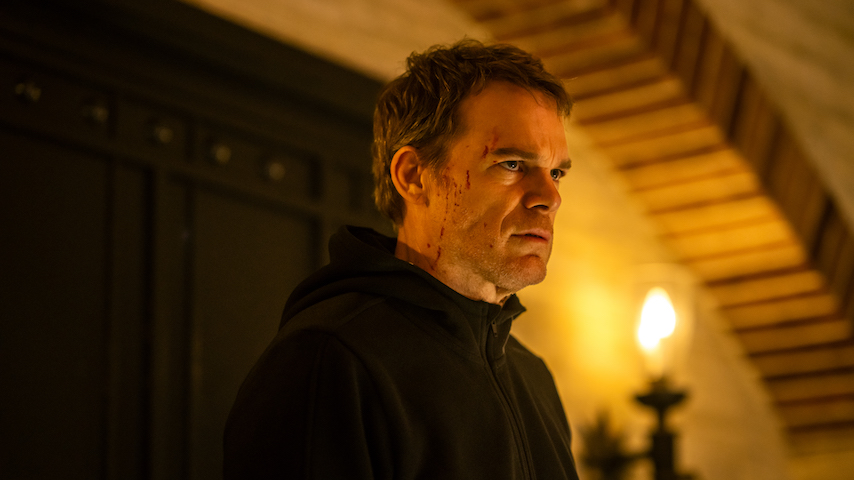Dexter: Resurrection repairs a once-great franchise's legacy
In its first season, the sequel series got back to basics.
Photo: Zach Dilgard/Paramount+
[Editor’s note: This piece contains spoilers for Dexter: Resurrection.]
“Dexter Morgan. Exactly who I need to be. Exactly who you want me to be.”
Dexter: Resurrection creator Clyde Phillips ended the first season with a wink to an audience who has been through the wringer with this character for two decades, concluding a story that lived up to its title by going back to the beginning. The legacy of Dexter Morgan has been redeemed. He is no longer a lumberjack in the woods, looking mournfully at the rankings that put the original finale of Dexter on a list of the worst series closers of all time. He is no longer bleeding out in the snow after the end of the depressing New Blood. Even Dexter Babies has been canceled. This is the one and only Dexter Morgan, exactly who you want him to be: on a boat, slyly smiling, his enemies vanquished, tossing body parts into the water. And it looks like this show could run for another ten years. Look out New York.
There was little reason to think that Resurrection would work. It’s not just the spin-offs that have been a bit disappointing; the last few seasons of the Showtime original weren’t exactly critical blockbusters as the show seemed lost in its efforts to top the award-winning peak of its fourth season. So how did the writers of this unexpectedly clever thriller—Phillips, Scott Buck, and Kirsa Rein, among others—pull off Dexter’s greatest assignment? They got back to the basics: high-powered guest stars, righteous justice, and captivating twists and turns. And they did so through mirror images of what fans of this show know about its characters, reflecting the themes that built the series’ legacy in the first place.
 Keep scrolling for more great stories.
Keep scrolling for more great stories.
